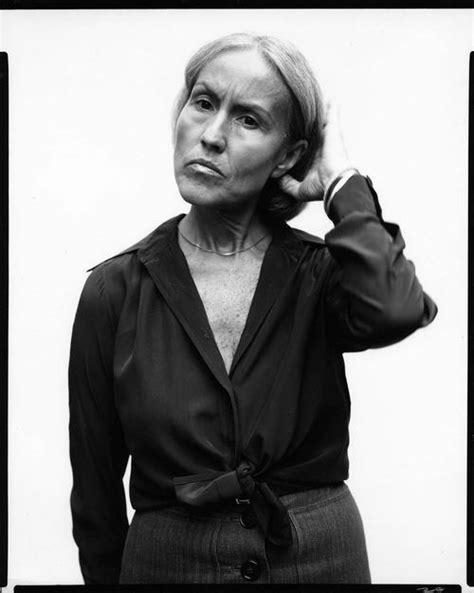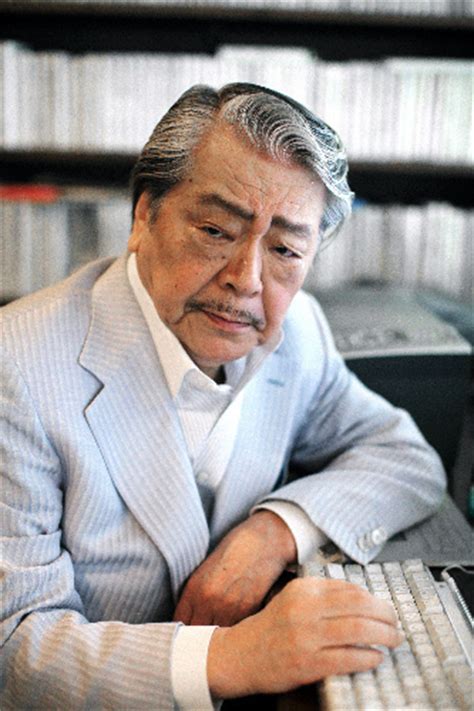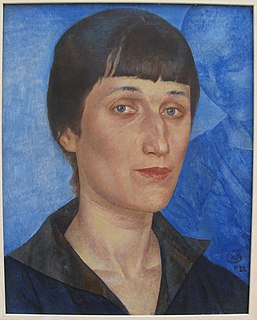A Quote by Michael Biehn
I had a weird situation were someone used my name to extort money from a woman. He took her for 60 or 80 thousand dollars. He is in prison now. It was on Sally.
Related Quotes
One day, Sally Kirkland said to Diana Vreeland, who was the fashion editor of Harper's Bazaar at the time, "I have a young woman I want you to meet. She's very young, but I think you should meet her." When Sally Kirkland told me this, I said, "I can't possibly do that! I'm going to throw up! That's the scariest thing I've ever heard! I can't do that, Sally. I'm not ready to do that!" But Sally said, "You let them make that decision." I was absolutely terrified.
The extraordinary woman depends on the ordinary woman. It is only when we know what were the conditions of the average woman's life - the number of children, whether she had money of her own, if she had a room to herself, whether she had help bringing up her family, if she had servants, whether part of the housework was her task - it is only when we can measure the way of life and experience made possible to the ordinary woman that we can account for the success or failure of the extraordinary woman as a writer.
She could see the name Fukamachi on a shiny name-plate by the door of the house, but it was a name that meant nothing to Kazuko. And at that moment, in her heart, she began to dream of meeting someone. Someone special who would one day walk into her life. Someone she would instantly feel she had known for years. Someone who would feel the same about her.
First I took a crap on the hooker's chest, then I told her I'd pay her a thousand dollars to eat it. She was addicted to crack, so of course she did it. It was so gross, though, it made her throw up, so I said I'd pay her another thousand to lick all that up, too. She started to, but for some reason she started crying as she was doing it, saying, 'I went to college! I have a degree!' Oh man, it was hilarious. I don't know if it was technically sex because I just beat off on her face, but definitely one of my most intense orgasms.
But the thought arrived inside her like a train: Marya Morevna, all in black, here and now, was a point at which all the women she had been met—the Yaichkan and the Leningrader and the chyerti maiden; the girl who saw the birds, and the girl who never did—the woman she was and the woman she might have been and the woman she would always be, forever intersecting and colliding, a thousand birds falling from a thousand oaks, over and over.
During the terrible years of the Yekhov terror I spent seventeen months in the prison queues in Leningrad. One day someone ‘identified’ me. Then a woman with lips blue with cold who was standing behind me, and of course had never heard of my name, came out of the numbness which affected us all and whispered in my ear—(we all spoke in whispers there): ‘Could you describe this?’ I said, ‘I can!’ Then something resembling a smile slipped over what had once been her face.



































